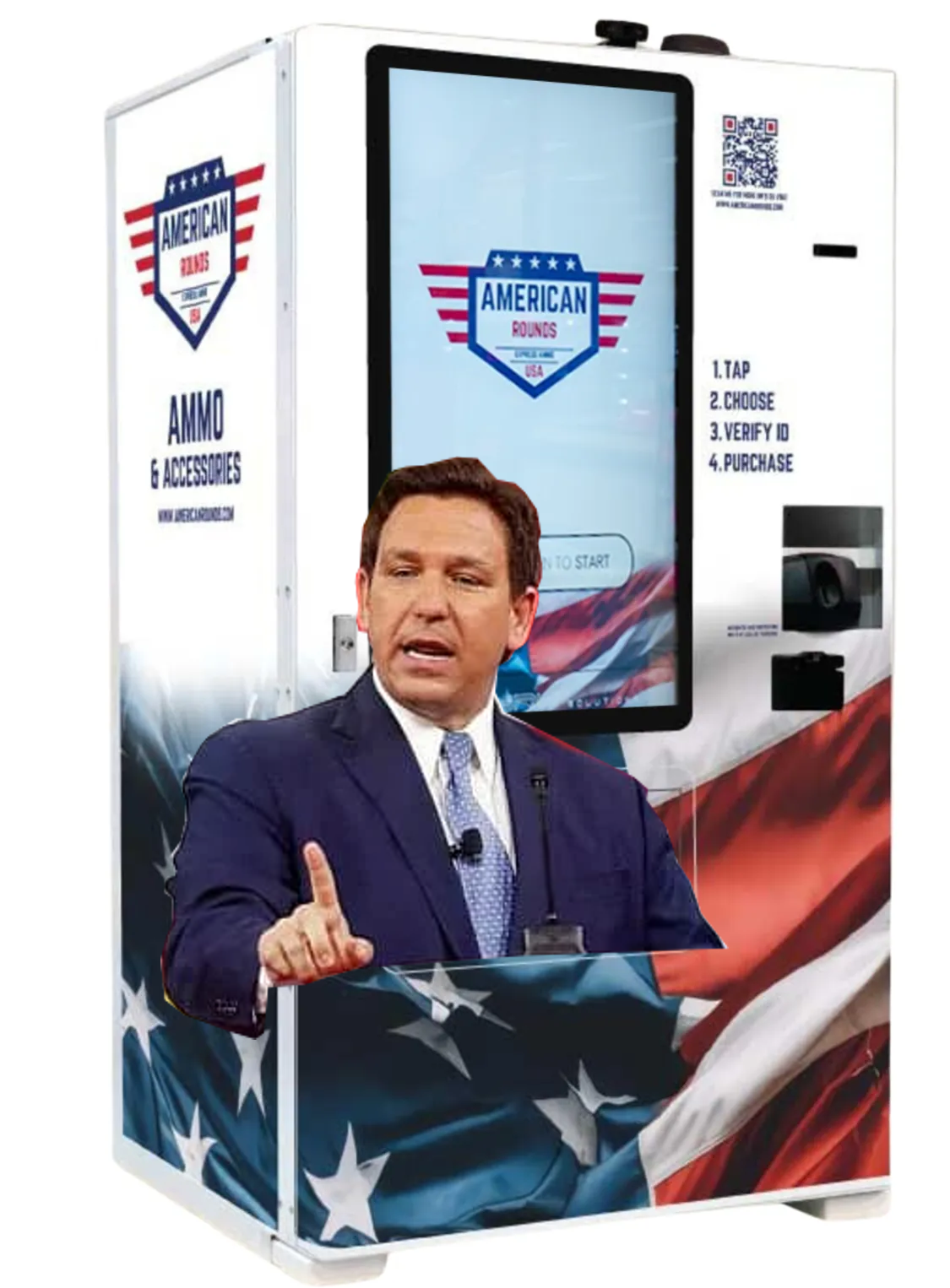Governor Ron DeSantis signed House Bill (HB) 543, allowing Floridians to carry concealed weapons without needing a permit. This law makes Florida the 26th state to adopt what is often referred to as “Constitutional Carry.” While this change has sparked significant debate, it’s now being followed by the potential introduction of ammo vending machines in the state, a move that is stirring further controversy.
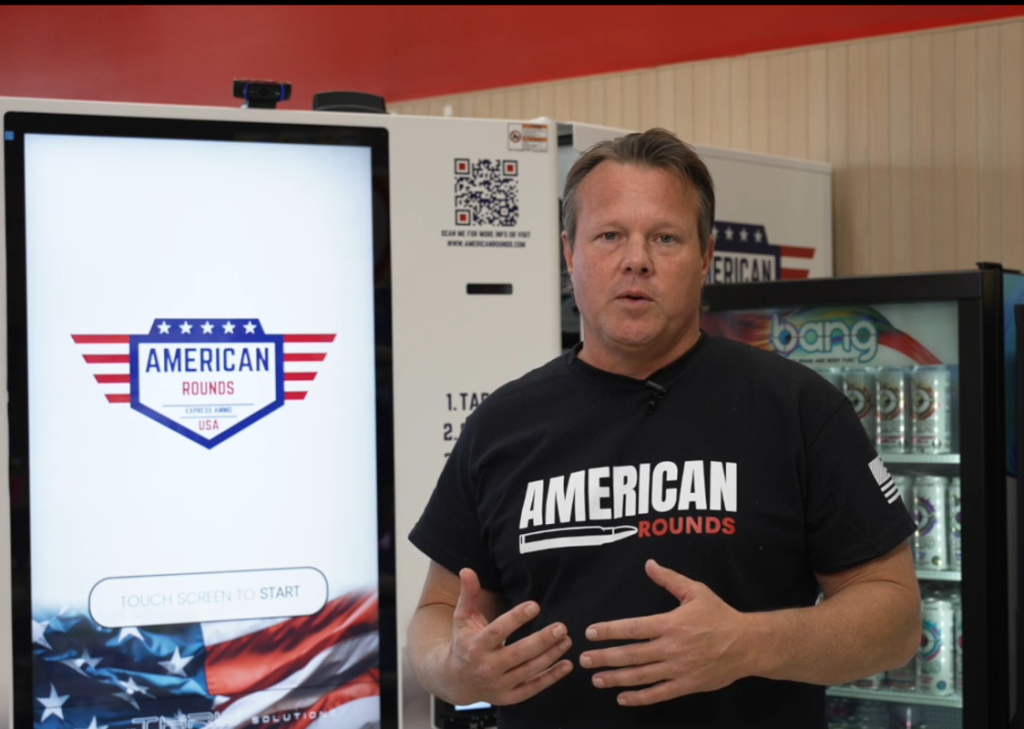
The idea behind these vending machines is to make ammunition more accessible. American Rounds, the company behind this innovation, has already started placing these machines in states like Texas, Oklahoma, and Alabama. Positioned in grocery stores, the machines allow people to buy bullets as easily as they might purchase a pack of cigarettes.
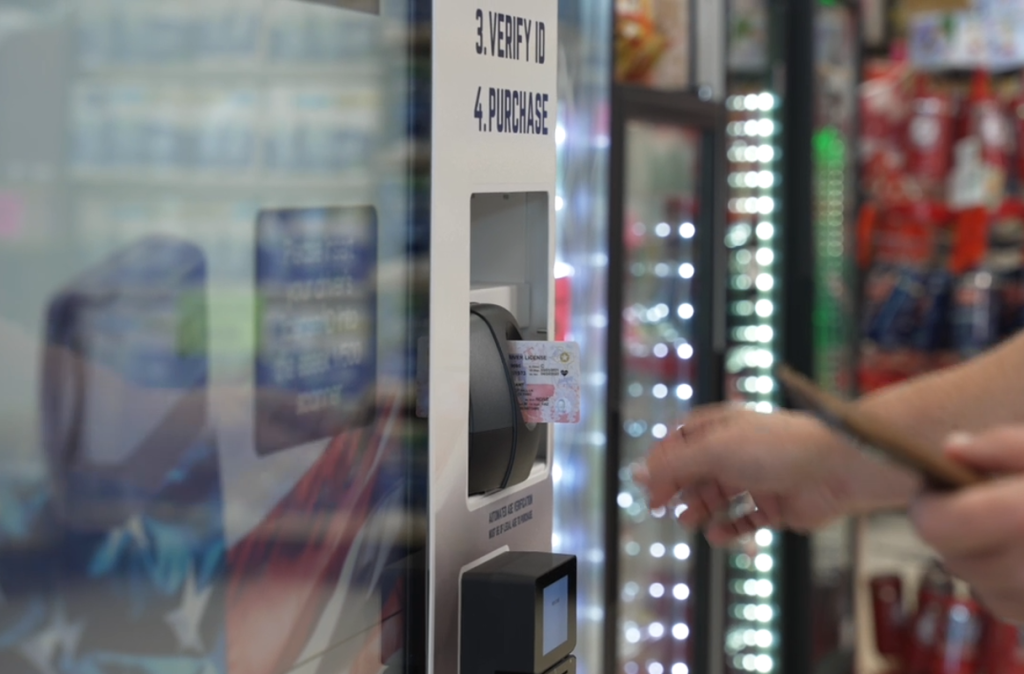
The process is designed to be secure, using advanced technology like ID scanners and facial recognition software to verify the buyer’s age and identity, ensuring that only those who meet legal requirements can make a purchase.
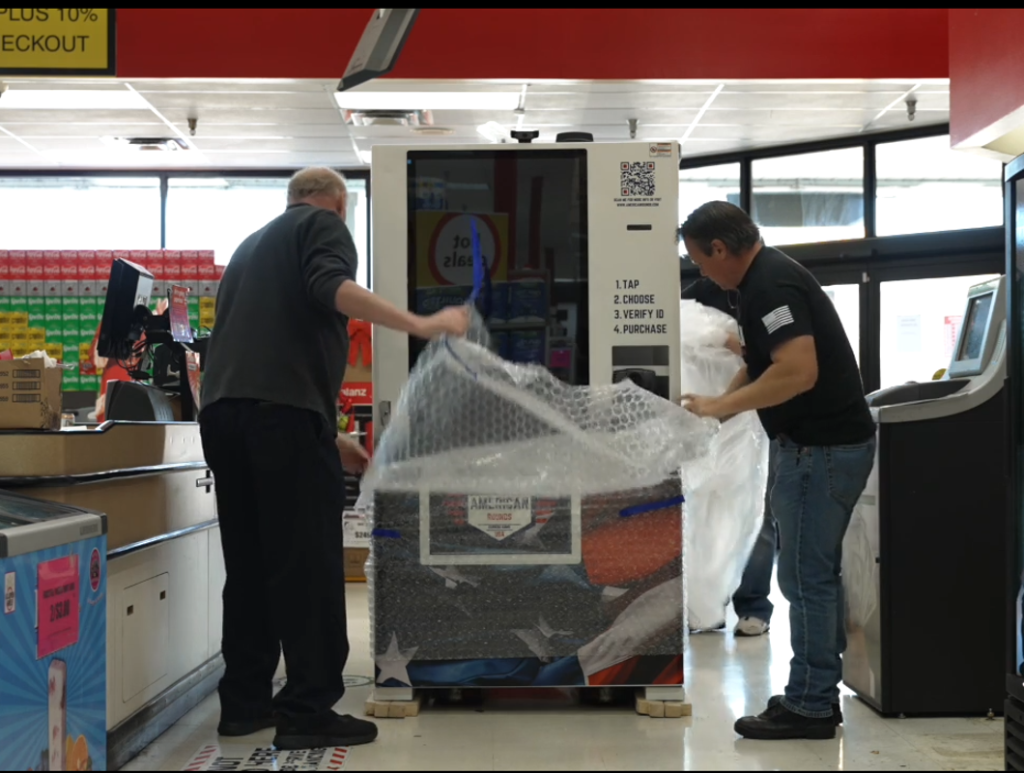
Supporters argue that these vending machines offer unmatched convenience. Instead of making a separate trip to a specialty store, gun owners can pick up ammo during their regular shopping. The process is quick, secure, and fully compliant with the law.
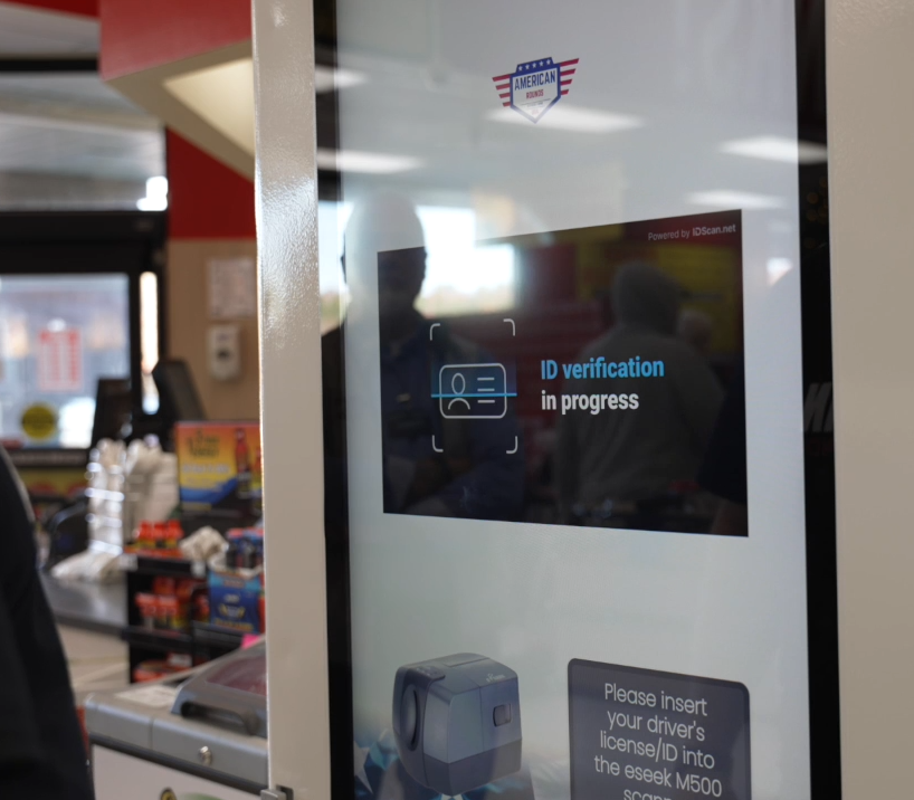
American Rounds claims that this technology represents a significant innovation in retail, potentially setting a new standard for how such transactions are conducted.
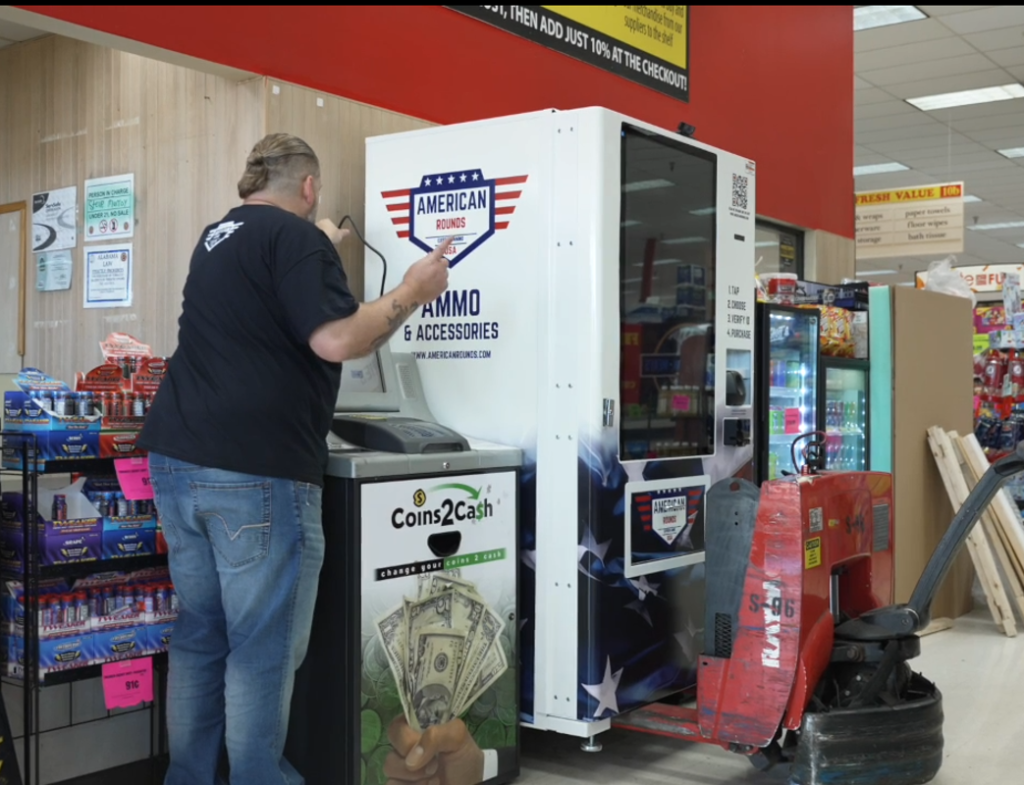
However, the idea of ammo vending machines has sparked criticism, especially in a state like Florida, which already faces high levels of gun violence.
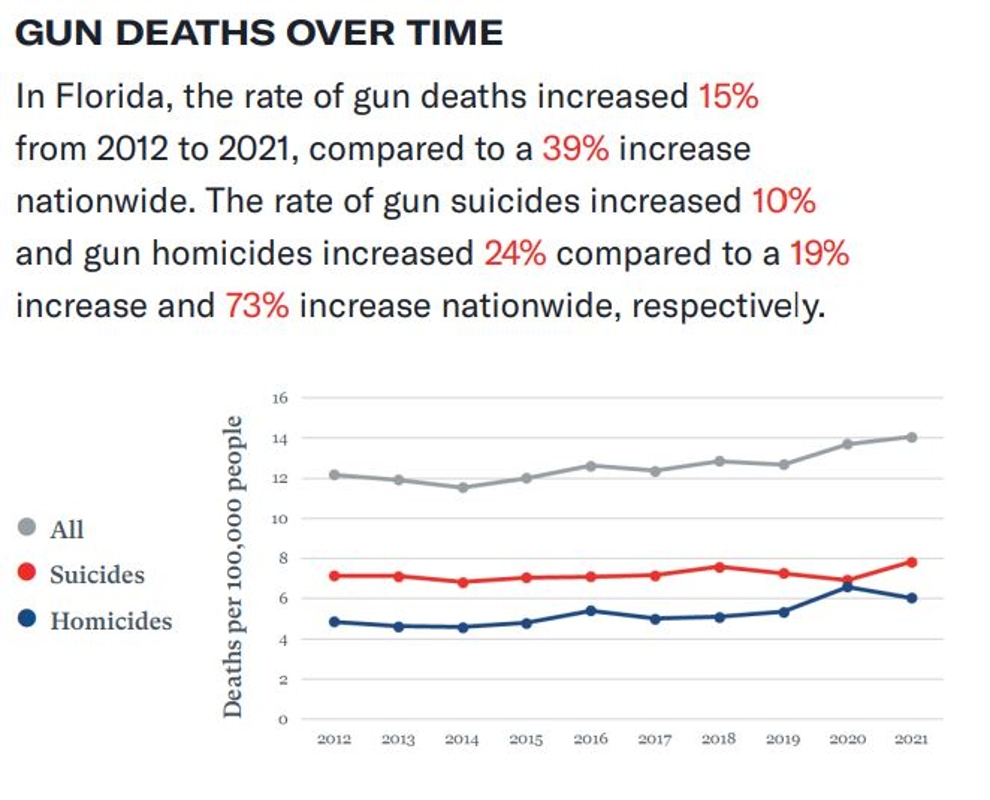
Many residents worry that making ammunition more accessible could exacerbate the problem. Some have taken to social media to express their concerns. One Reddit user sarcastically remarked, “Just in case they’re on their way to a mass shooting and realized they didn’t bring enough ammo,” reflecting the fear that easier access to bullets could lead to more violence.
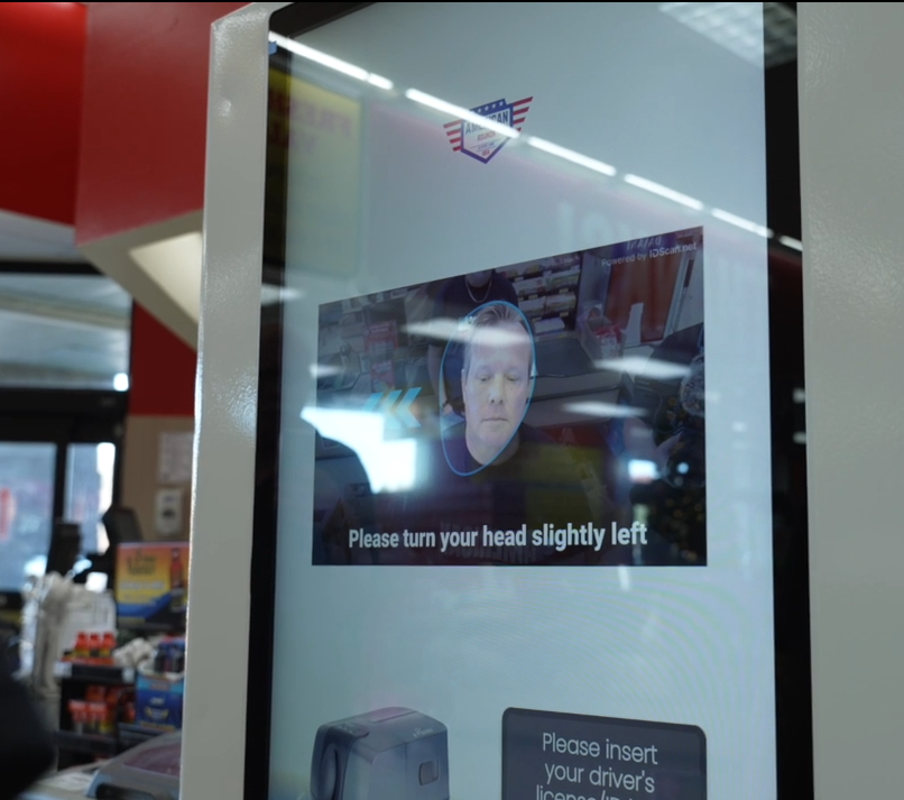
Privacy concerns have also been raised about the use of facial recognition software in these machines. Another user pointed out the irony, saying, “So, COVID vaccine bad for microchipping. But facial scanning and recognition software stored in who knows where, good thing,” highlighting a broader distrust of how personal data might be used.
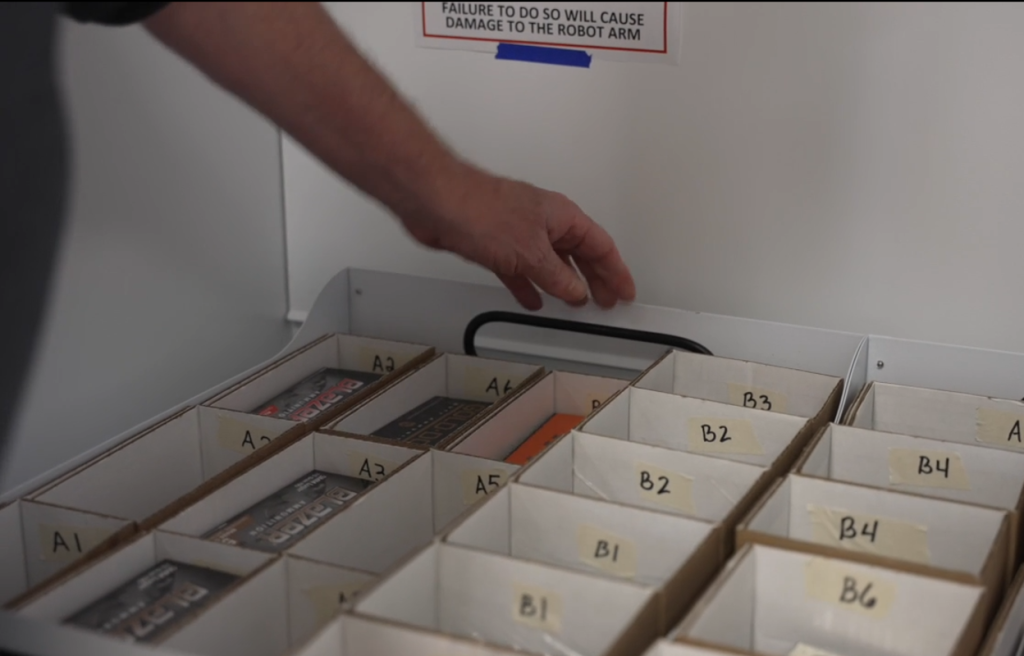
The debate over these machines is intense. While some see them as a convenient and innovative way to purchase ammunition, others fear the potential risks, particularly in a state with such a high rate of gun violence. The discussion goes beyond just convenience versus safety, touching on issues like privacy, data security, and the role of technology in everyday life.
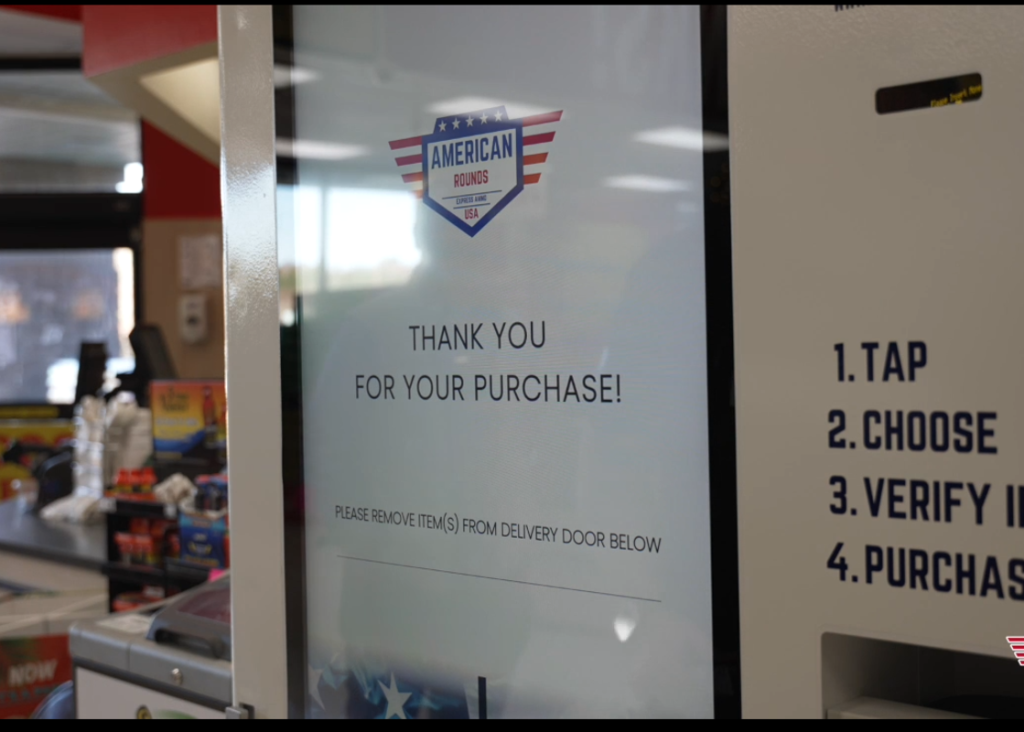
As American Rounds considers expanding these vending machines into Florida, the state will need to carefully weigh the benefits and risks. Will the convenience of automated ammo sales outweigh the potential dangers? Or will concerns about gun violence and privacy make this idea too risky to pursue? This issue is likely to remain a hot topic in discussions about gun rights and public safety in Florida.

